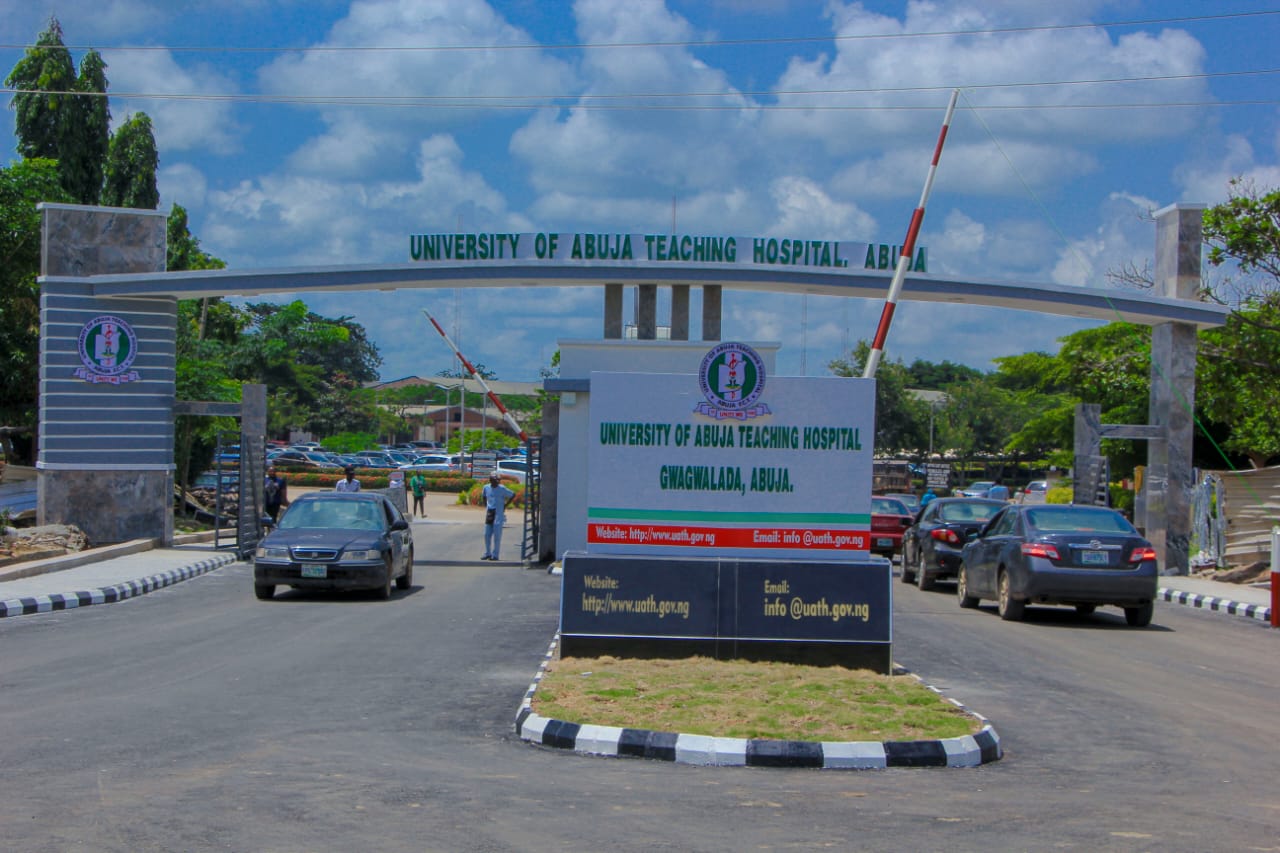
The University of Abuja, Gwagwalada, FCT, has advised Nigerians to go for regular diabetics test to ensure early detection of the disease for healthy living in the country.
A diabetes specialist in the hospital, Dr Yakubu Lawal, gave the advice in an interview with the News Agency of Nigeria (NAN) at the hospital in Gwagwalada.
He said that many diseases can be prevented or their consequences minimised through regular test and early detection or change to a healthy lifestyle.
According to him, complications from diabetes can cause cardiovascular disease, kidney, eye damage, hearing impairment and depression to an individual if not properly managed.
“Diabetes mellitus is a global pandemic while the prevalence is increasing at geometric rate because of the poor awareness among the populace.
“Some people don’t know when to go for a medical check-up in the hospital to know whether they are diabetic or not, or to associate with diabetic patients.
“The awareness is very poor and that is why the prevalence has increased in our society today because of the paucity of the enlightenment.
“There are people when you tell them their sugar level is high and they should come to the hospital for check-up, they tell you there is nothing wrong with them.”
He added that the need to encourage people to promote and adopt a healthy lifestyle was very important to help reduce the prevalence in the society.
Lawal revealed that there are three major types of diabetes namely; type 1, type 2, and gestational diabetes, adding that people with type I diabetes are insulin-dependent, which means they must take artificial insulin daily.
He further explained that people with pre-diabetes are, however, at risk of developing type 2 diabetes, although they do not usually experience the symptoms of full diabetes.
“Changing your lifestyle could be a big step towards diabetes prevention — and it’s never too late to start.
“Regular check-up and healthy lifestyle goes a long way in preventing type 2 diabetes mellitus,” he said. (NAN) (www.nannews.ng)